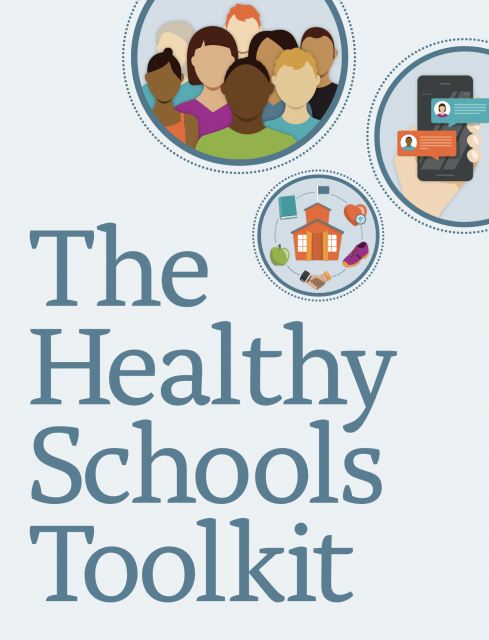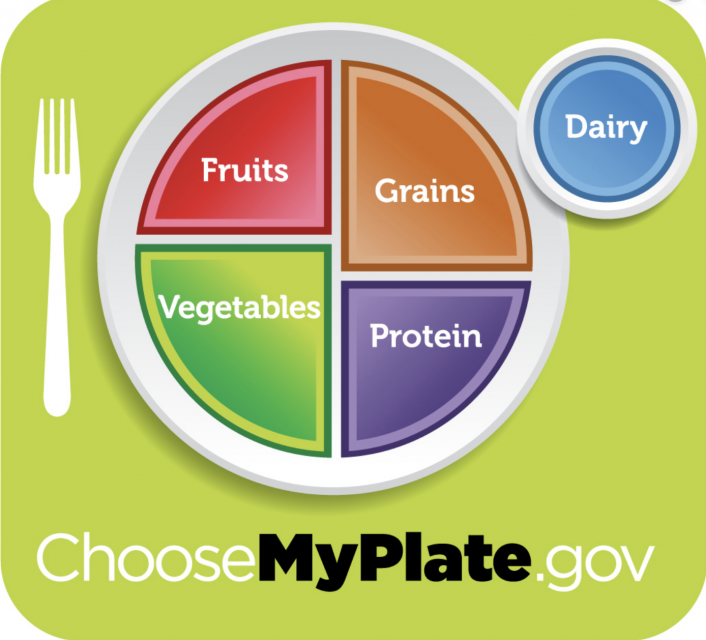Introducing the Health and Wellness Action Team: New Name, Bolder Vision
August 2019
The Nutrition and Physical Activity Action Team (formerly the Nutrition and Physical Activity Committee) is one of CAN’s longest running field-based Committees. This group has been responsible for creating and disseminating exceptional materials such as publications outlining the research base linking Nutrition and Physical Activity to academic success, promising practices for Program Directors to advance Nutrition and Physical Activity, and tip sheets for role models (site level staff and families) to promote healthy choices and behaviors (available in English and Spanish). The group was instrumental in supporting the rollout of the (new in 2010) at-risk after school meal program by providing information and promising practices to the field regarding meal program. The Committee also supported an AmeriCorps VISTA as they did outreach to School Districts to promote the meal program. Today, over ½ of California’s Expanded Learning Programs participate!
Today, the Nutrition and Physical Activity Action Team announces it will take its work to the next level along with a name change the Health and Wellness Action Team (HWAT) that matches it’s bold vision. This new name change signifies that health and wellness go much further than physical health to encompass the whole child. Along with this new name and bolder vision the Health and Wellness Action Team is also proud to announce that it will take a leadership role in CAN’s implementation of a Youth Opioid Response (YOR) planning grant. The purpose of the grant is to create a statewide strategic plan that positions California’s Expanded Learning Programs as centers of Whole Child Health and Wellness. The planning process will bring together leaders, practitioners, and advocates in positive youth development, social emotional learning, the science of learning and development, education, expanded learning, social services, mental and behavioral health services, medical services, and substance use prevention, early intervention, treatment and recovery. The goal is to increase Expanded Learning programs capacity to create the conditions necessary for youth success and to create stronger community level collaboration to connect children, youth, and families to services when they need more than the quality learning and enrichment environment provided by their expanded learning program.
If you are interested in learning more, contact Heather Williams at HWilliams@afterschoolnetwork.org
Items included in this newsletter
Get Reimbursed for Serving Meals in Afterschool
Are you a family child care provider or afterschool program and looking for student meal reimbursement? Check out the USDA CACFP’s easy steps to start serving meals in your afterschool program.
Community Eligibility: The Key to Hunger-Free Schools
Community Eligibility allows high-poverty schools and school districts to offer free meals to all students, and eliminates the need for school meal applications from families. Schools that participate in community eligibility often see increased participation in school meals and a reduced paperwork burden, allowing school nutrition staff to focus more directly on offering healthy and appealing meals.
The Healthy Schools Toolkit
The Healthy Schools Toolkit is designed to help school districts and leaders strategize to build healthier school communities.
Start Simple with MyPlate
Kick start your school year by eating healthy - make it simple with MyPlate! MyPlate makes it easy to get tips, ideas and a personalized plan to meet your food group targets. Find what works for you and your family with food preferences, health goals, and budget. Start your healthy eating journey today!
Harvest of the Month
Harvest of the Month provides materials and resources to support healthy food choices through increased access and consumption of fruits and vegetables. It uniquely supports core curricular areas through exploration and study. Harvest of the Month presents a strategic opportunity to bring together the classroom, cafeteria, home and community to promote a common goal and healthier habits for students.
Healthy Snack Day is September 12th!
Mark your calendar, September 12th is Healthy Snack Day! Snack day is coordinated by the California Department of Public Health’s CalFresh Healthy Living program, which empowers local community organizations to motivate adults, children, and families to take small steps toward making positive and healthy behavior changes.
School Nutrition Programs Can Be Important Part of Social and Emotional Learning
Schools increasingly recognize the importance of addressing the needs of the whole child, including a focus on social and emotional learning (SEL) – and one good place to find opportunities to support SEL among students may, in fact, be during school breakfast!
Initiatives to Make SNAP Benefits More Adequate
The Supplemental Nutrition Assistance Program (SNAP) is the largest nutrition assistance program administered by the U.S. Department of Agriculture. SNAP has a critical role in reducing food insecurity and in improving health, nutrition, and well-being. Many families and individuals depend on the assistance from SNAP to combat hunger.
New Research: How Weight-Based Victimization Impact the Health of Sexual and Gender Minority Adolescents
According to New Rudd Center Report, approximately 20% of U.S. adolescents have obesity. Of this group, sexual minority females have higher body weight compared to their heterosexual peers, making them particularly vulnerable to weight-based teasing and bullying, also known as weight-based victimization (WBV). WBV is a common form of bullying associated with maladaptive eating, and poor weight-related health.
School-Based Health Center Resource Guide is Now Online!
Attention all school-based health providers and staff, the California Department of Public Health Resource Guide for School-Based Health Centers (SBHC) is now downloadable online! By providing medical, mental health, and youth development services on school campuses, school-based health centers positively impact students’ health and learning and can act as key partners in efforts to address chronic absenteeism and promote a positive school climate.












